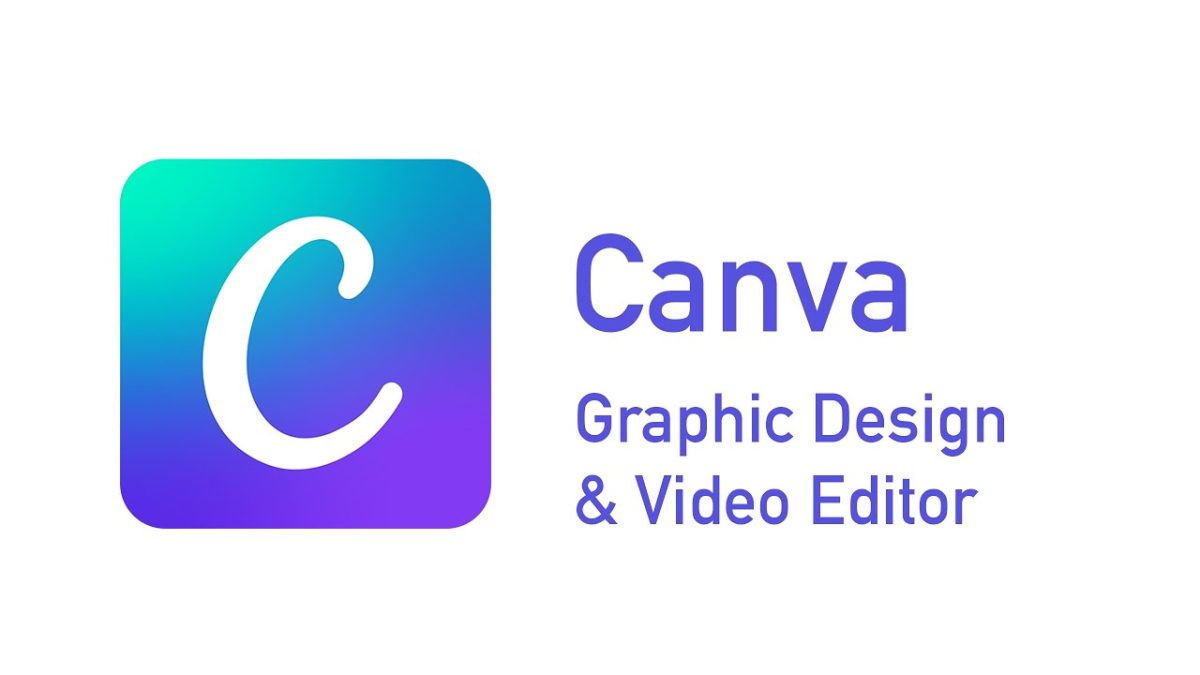A low-cost, easy-to-use design platform. Is it too good to be true?
Many business owners recognize the importance of having a steady stream of graphics on hand. If you are going to market your company or have an active presence on a channel like social media, you need compelling imagery to supplement your copy. The data almost unanimously backs this up, with Twitter, for instance, reporting that “tweets with photos average a 35% increase in retweets.”[i] Of course, understanding the importance of graphics naturally brings up the question of how you’re going to create them. Hiring a graphic designer can be expensive. And using Photoshop often involves a steep learning curve.
Thankfully, there are several online platforms these days that facilitate the easy creation of beautiful graphics, with one of them being Canva. Canva has a variety of pricing levels or tiers. There is a free version, as well as “pro” and “enterprise.” While each version is fairly affordable, most small agencies would likely find the free edition of Canva sufficient for their purposes, as it includes numerous templates, design types, cloud storage and more.
Given its robust functionality, on some level, Canva almost feels too good to be true – as nothing in life is truly “free.” And naturally, this may raise some understandable questions, such as whether you own the material you create on Canva and if you need to be concerned about licensing. These are questions we will address in this blog post and hopefully allay any concerns so you can start producing your graphical material.
Do You Own Your Canva Graphics?
According to Canva’s terms of use, if you upload something you’ve created independently from the site, you retain ownership and copyright. However, once you begin combining uploaded elements with pre-existing material housed within Canva’s system it becomes more complicated. In this case, you don’t own the design as much as you are permitted by Canva to use it for promotion. You don’t have to worry about someone contacting you later and asking for compensation.
What Should I Know About Canva Licenses?
So, what do we mean when we say that you have permission to use your Canva creations? Well, Canva essentially gives you a license to use all free templates or images on Canva to create different pieces of collateral that promote your business, such as flyers, banners, social media graphics and so on. The one thing you cannot do is create an image with materials owned by the platform and then directly sell that graphic. This is a violation of the site’s policies. Another prohibited action is to use templates or stock imagery as the standing logo for your business.
Canva has two other types of licenses to be aware of:
- One-time use licenses: As a free Canva user, you will have access to hundreds of thousands of free stock imagery and other design elements. You can mix and match these assets to create myriad designs, and you don’t need to take any additional action to obtain permission. A large portion of the site’s content, however, is watermarked. To access and appropriately use this material, you must buy a one-time user license, which does carry some modest restrictions:
- For example, you cannot use your design’s stock imagery in more than one design. (Although you can use it on more than one platform, such as on your website and social media.)
- You also cannot use the stock image in designs made outside of the Canva.
- Finally, there is a hard limit on the amount of time you can reproduce the image, with the ceiling currently being 2,000 times.
- Canva Pro unlimited licenses: With a pro subscription, however, you are given unlimited access to the platform’s content, and you have the freedom to use Canva’s entire catalog of stock imagery and other design elements across multiple pieces of collateral. There is nothing additional to pay because the unlimited license is included as a part of your subscription.
A Viable Option?
Canva is a viable option for any organization dealing with real constraints in time or money. We live in a visually oriented society, meaning that to communicate effectively with your target audiences, you need to be able to pair your messaging with compelling photos or designs. With its relatively inexpensive price point, deep repository of images and templates, and the option to buy licenses for additional design materials, Canva can help small agencies and firms put out content that wows and potentially even converts their audiences.
This article is for informational purposes and does not contain or convey legal advice. Any opinions, or perceived opinions, are strictly those of the authors and should not be construed as legal advice or a legal opinion. Consultation with an attorney for specific advice based upon the reader’s situation is recommended.
[i] Social Media Engagement: What Is It & How to Increase It (socialfiremedia.com)



